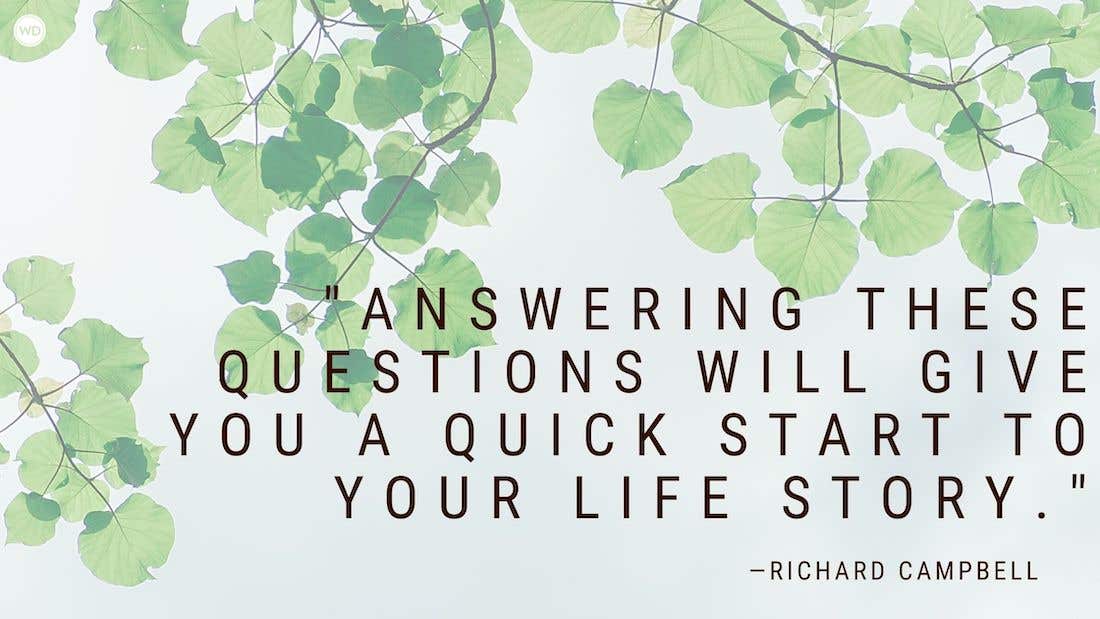How do books wind up on the bargain table–and what does it mean for writers?
I found myself in a dollar store last year, gritting my teeth to ward off impulse buys as we waited for a table at the Mexican restaurant next door. Then,…
I found myself in a dollar store last year, gritting my teeth to ward off impulse buys as we waited for a table at the Mexican restaurant next door.
Then, I stumbled upon the small book section that occupies most dollar stores. And in between oodles of bibles, coloring books and crossword puzzle anthologies, there it was: a hardcover of Elmore Leonard’s 10 Rules of Writing, for $1.
It quickly went into my basket, alongside a hex wrench tool I didn’t need and a bag of cotton candy.
But it puzzled me: What is the formula for how the book wound up there? Not long after, by coincidence, a representative for Distribution Video and Audio got in touch with me regarding her company, thus solving the riddle—and spreading some hope that should your books wind up in a bargain bin, it’s not the end of the world.
Newly posted online from a recent issue of WD, here’s the short piece—followed, of course, by a prompt.
* * *
The Novel Afterlife
It’s a moment of authorial horror: You’re browsing your favorite bookstore, and you stumble upon your book. For $5. In the section with the sign screaming “BARGAINS!” You flee to the dollar store for tissues and an antacid, and then you spot it, near the hand towels emblazoned with kittens and roosters—your book. For $2.Take a breath. Ryan Kugler, president and co-owner of Distribution Video and Audio (DVA)—a closeout business that buys and sells remainder books—says it’s not a mar to your name. It’s just how the system works.“It’s good for an author to know that this could and does happen with their writings,” he says. In a nutshell, DVA works with major publishers that let the company know when they have excess inventory. DVA, a $20-million enterprise, looks over the items, buys the desired stock and distributes it—on the Internet, to bookstores, to flea markets, to truck stops and yes, to dollar stores.
So how do they choose what to buy in the first place?
Click here to read the rest of the piece, including what retains value best in the market, and what all of it means for writers.
* * *
WRITING PROMPT: Plenty of Fish in the Digital Sea
Feel free to take the following prompt home or post your response (500 words or fewer, funny, sad or stirring) in the Comments section below. By posting, you’ll be automatically entered in our occasional around-the-office swag drawings. If you’re having trouble with the captcha code sticking, feel free to e-mail your story to me at writersdigest@fwmedia.com, with “Promptly” in the subject line, and I’ll make sure it gets up. From the InkWell section of the March/April 2010 issue of WD:
You venture into the world of online dating. Browsing through profiles, you drop your coffee mug and it shatters on the ground—it can’t be.
Zachary Petit is a freelance journalist and editor, and a lifelong literary and design nerd. He's also a former senior managing editor of Writer’s Digest magazine. Follow him on Twitter @ZacharyPetit.









